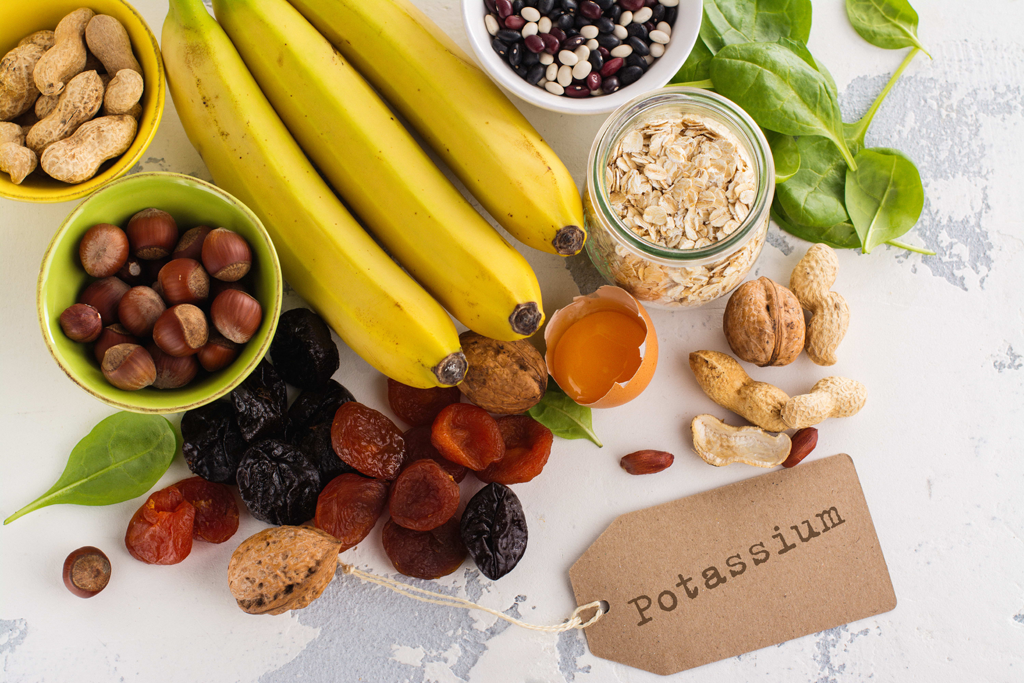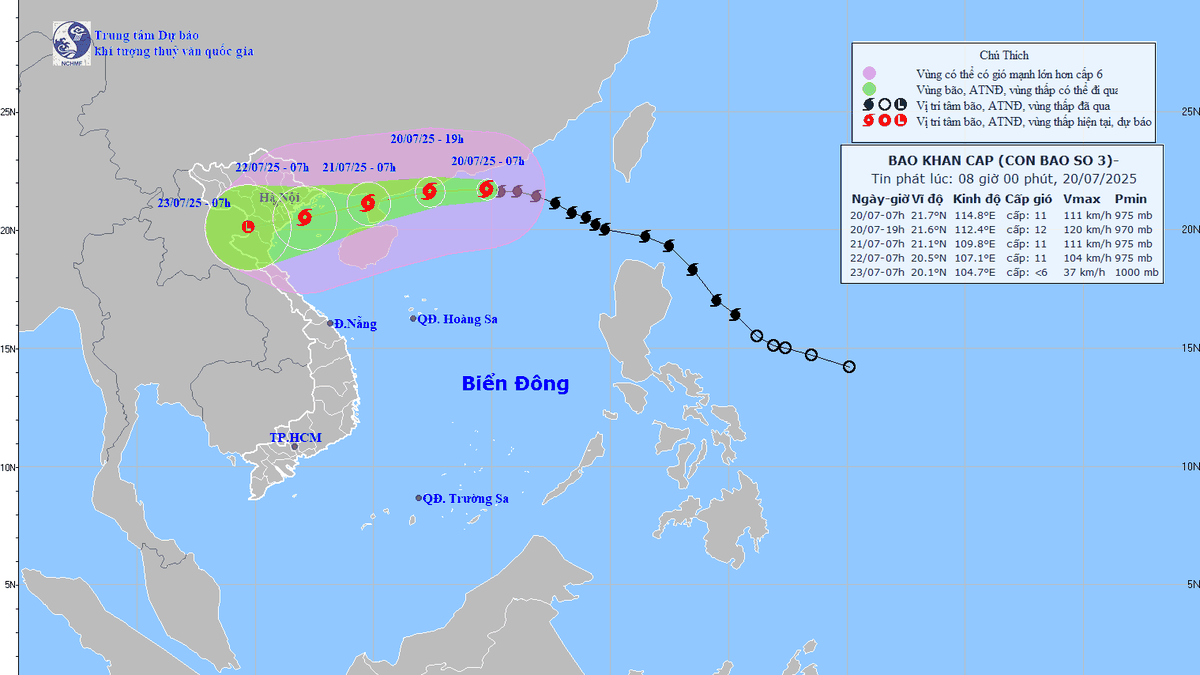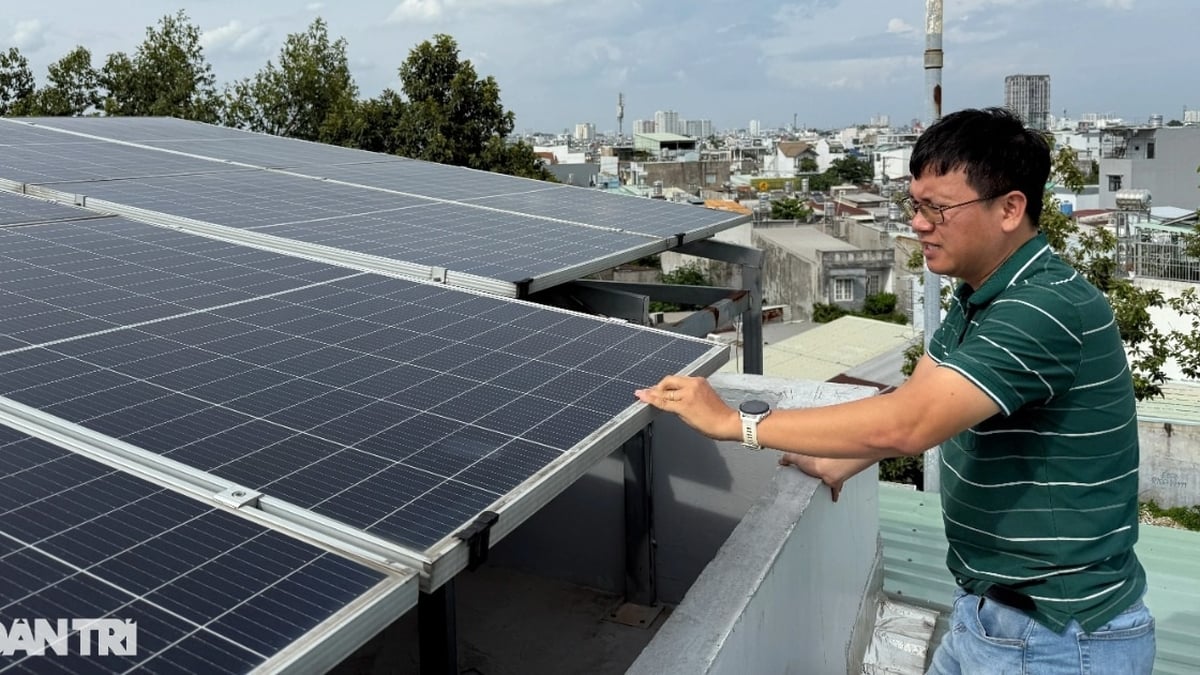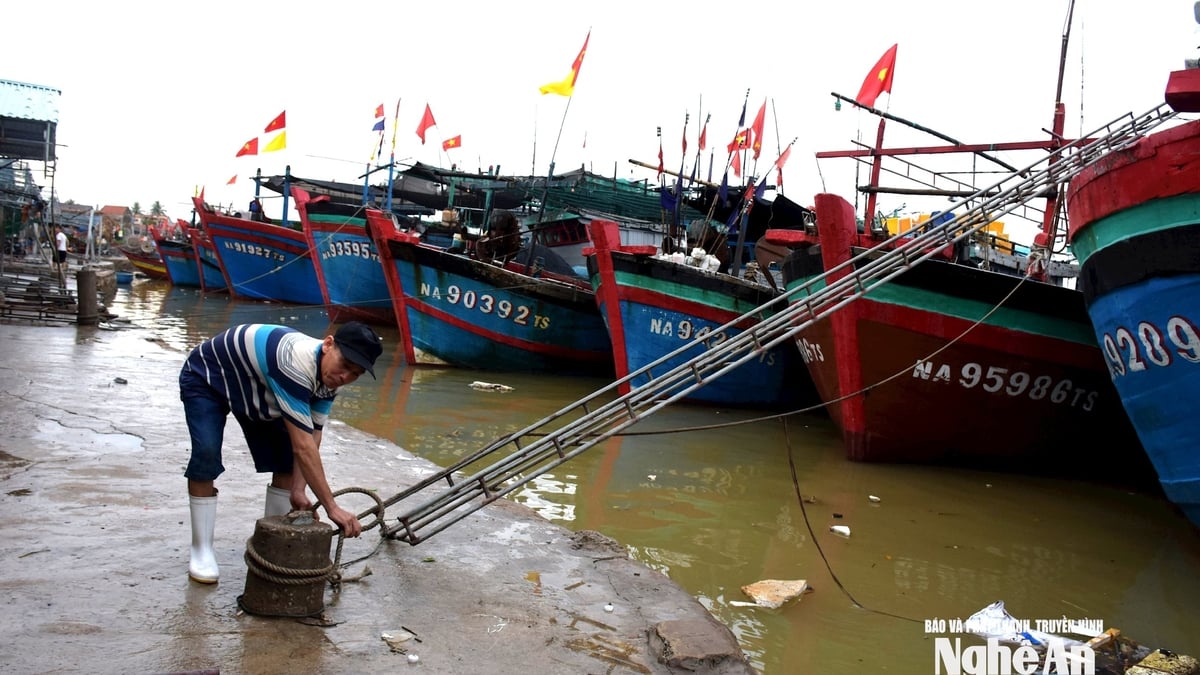According to Dr. Le Thi Phuong, Center for Nephrology - Dialysis, Bach Mai Hospital ( Hanoi ), there are many causes of chronic kidney disease such as: diabetes, high blood pressure, chronic glomerulonephritis, urinary stones, pyelonephritis, polycystic kidney disease, consequences of drug abuse, or congenital - genetic... When you have kidney disease, it can lead to chronic kidney failure. Chronic kidney failure can have complications such as: acute pulmonary edema, hyperkalemia, arrhythmia leading to cardiac arrest...
According to the Clinical Nutrition Center - Bach Mai Hospital, people with chronic kidney failure need a complete and scientific diet to help control and slow the progression of chronic kidney disease. Depending on the level of kidney failure and weight and height, people with chronic kidney disease need to have an appropriate diet.

Foods high in potassium and phosphorus
Accordingly, people with kidney failure need a low-protein diet. However, the level of protein reduction depends on the degree of kidney failure and the principle is to reduce protein intake but still provide enough energy for the body to function.
People with kidney failure can regularly use energy-rich foods low in protein such as sweet potatoes, vermicelli, tapioca flour and low-protein vegetables such as squash, pumpkin, luffa, cruciferous vegetables... With rice and sticky rice, people with kidney failure should eat 100 - 150 grams/day.
In particular, people with chronic kidney disease need to reduce salt intake, using less than 5 grams/day. Note to limit foods containing a lot of salt such as: fermented foods (pickled vegetables, pickled eggplant, pickled cucumbers, shallots, etc.); processed meats and fish (bacon, ham, sausage, pork floss, sausages, etc.). Salt is also found in soups, broths, sauces (pho broth, fish noodle soup, crab noodle soup, etc.); instant noodles, pizza; snacks (snacks, salted cashews, rice cakes, popcorn, etc.).
In addition, people with chronic kidney disease and kidney failure should limit foods high in potassium and phosphorus. Foods rich in potassium include: bananas, jackfruit, green-skinned avocado, dried longan, dried lychee, raisins, dried apricots, etc.; dried nuts (dried lotus seeds, dried chestnuts, soybeans, sesame); vegetables: amaranth, betel leaves, sweet potato leaves, red amaranth, bamboo shoots, pickled bamboo shoots, soybean sprouts, etc.
Foods rich in phosphorus include: egg yolks, animal organs, cheese, dried foods: dried shrimp, dried prawns, dried beef... For patients with chronic kidney failure who have to undergo periodic dialysis (artificial kidney), it is especially necessary to limit foods high in potassium, phosphorus... These substances, if increased, will cause many complications for patients undergoing dialysis.
Dr. Nguyen Huu Dung, Deputy Director of the Center for Nephrology and Urology - Dialysis, shared more: People with chronic kidney failure who have to undergo periodic dialysis cannot excrete potassium. If blood potassium exceeds the threshold, it will cause cardiac arrest and death. Phosphorus is difficult to excrete in artificial kidneys, and when phosphorus increases, it will disrupt the calcium-phosphorus balance, causing long-term consequences in patients with long-term artificial kidneys.
Source link



































































































Comment (0)